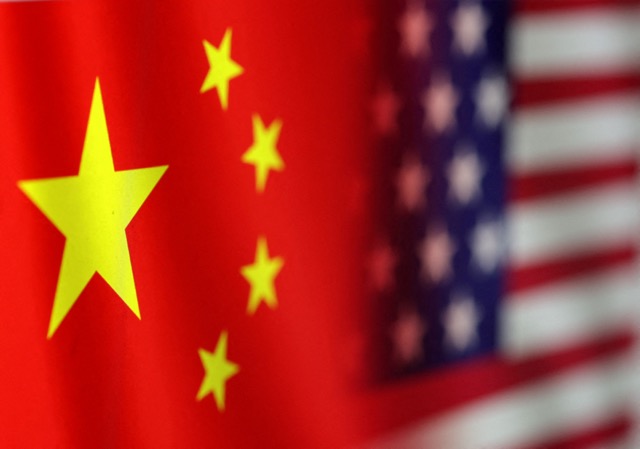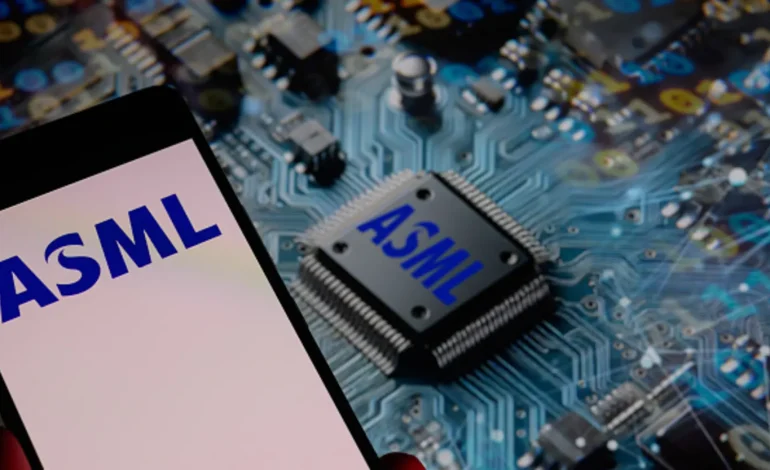The Dutch government announced on Friday an expansion of export restrictions on advanced semiconductor manufacturing equipment, placing certain machines produced by ASML, a leading chipmaking firm, under its control. The new measures require ASML to obtain licenses from the Dutch government for exporting some of its products, a responsibility previously managed by the United States.
Dutch Trade Minister Reinette Klever emphasized that the decision was made for national security reasons, citing the increasing risks associated with exporting such advanced technology, particularly in the current geopolitical climate.
“Technological developments have heightened security concerns, and this decision is crucial for safeguarding our interests,” Klever said in a statement.
ASML, a key player in the global semiconductor industry, manufactures machines that are essential for producing advanced chips. The company’s latest statement described the government’s move as a “technical change” and indicated that it would not impact its financial outlook for 2024 or its long-term plans.
This latest expansion of export restrictions follows the Netherlands’ introduction of similar curbs last year on advanced semiconductor equipment. The new rules mean that ASML’s TWINSCAN NXT:1970i and 1980i deep ultraviolet (DUV) immersion lithography systems will now require Dutch licenses for export, rather than oversight from Washington.
The move also aligns Dutch export policies more closely with the US, which has been pressuring allied nations to curb technology exports to China, in an effort to restrict Beijing’s access to tools that could advance its military and technological capabilities. However, the Dutch government did not specifically name any countries as targets for these latest restrictions.
The Netherlands’ expanded control comes amid broader US efforts to limit China’s access to advanced chips and semiconductor tools, as Washington introduced new export controls on key technologies, including quantum computing and semiconductors, just hours before the Dutch announcement.
Despite the geopolitical tensions, ASML reiterated that the regulatory changes are not expected to disrupt its business. The company’s stock fell by 1.6% following the news but remains one of Europe’s largest technology firms. ASML’s machines, particularly its deep ultraviolet tools, are essential for chipmakers worldwide, including Taiwan Semiconductor Manufacturing Co. and Chinese firms, which have been striving to develop more advanced chips.
While the export controls primarily focus on national security, both the Netherlands and the US continue discussions over further aligning their policies on semiconductor exports. Minister Klever underscored the importance of the Dutch semiconductor industry in global supply chains and pledged to handle the regulations in a “careful and targeted manner” to minimize disruptions to international trade.
ASML’s critical role in the production of advanced chips has made it a central player in these export control debates, with its technology seen as vital to the future of semiconductor manufacturing.









